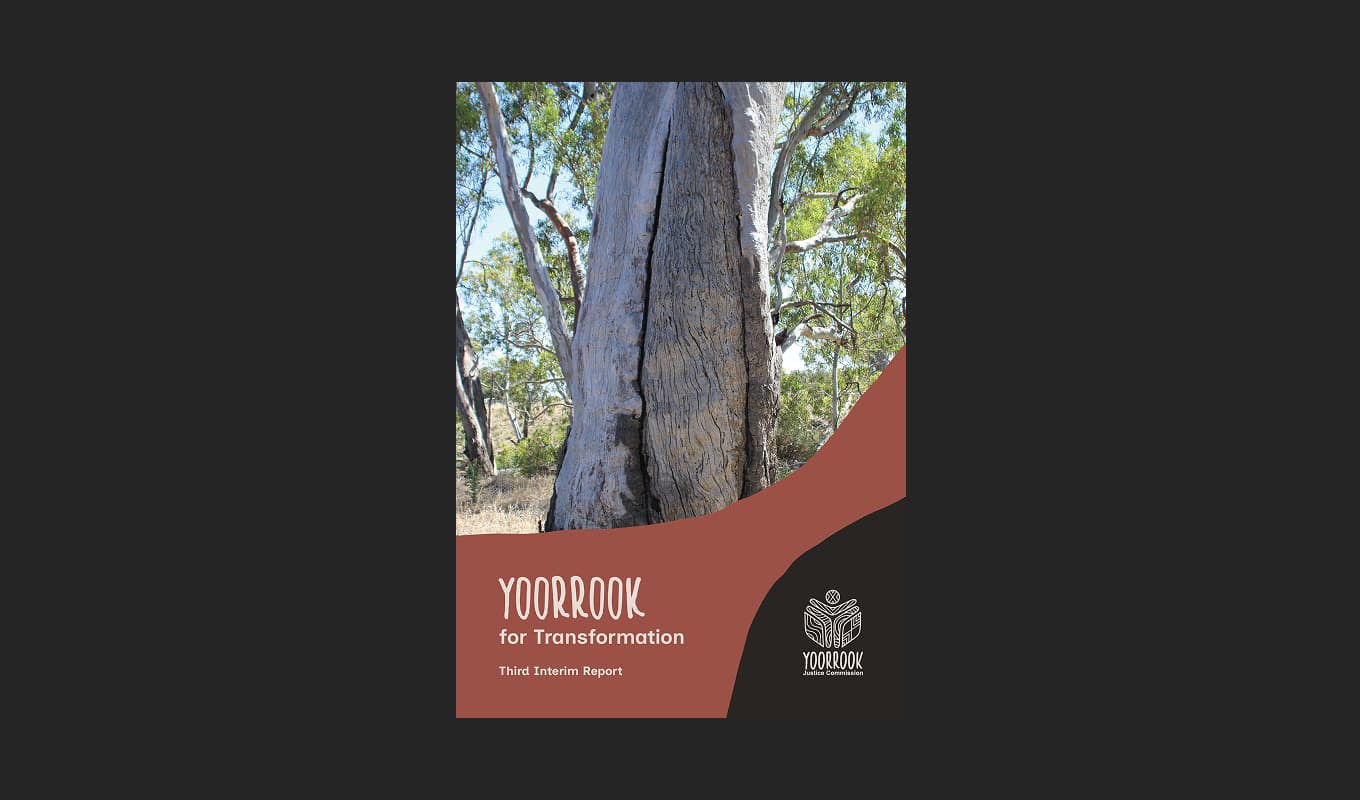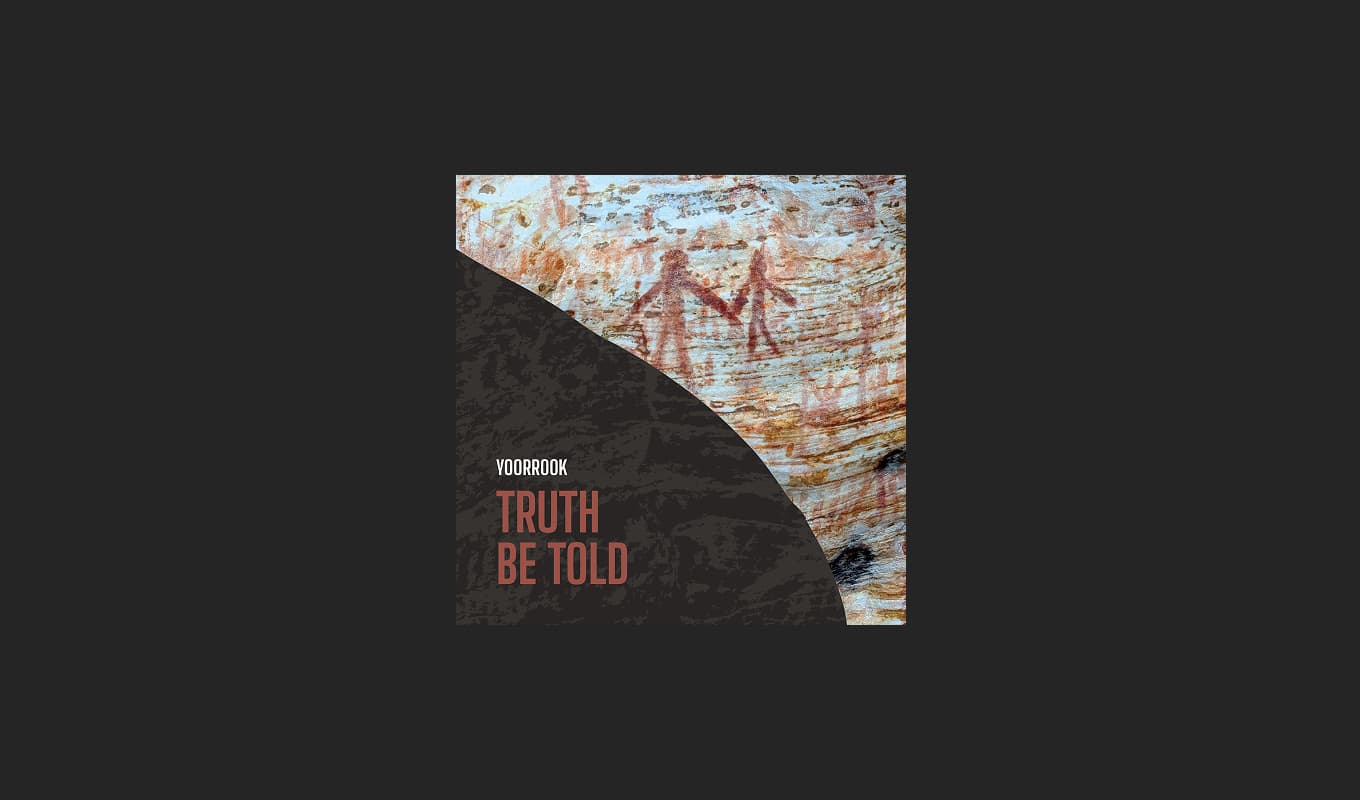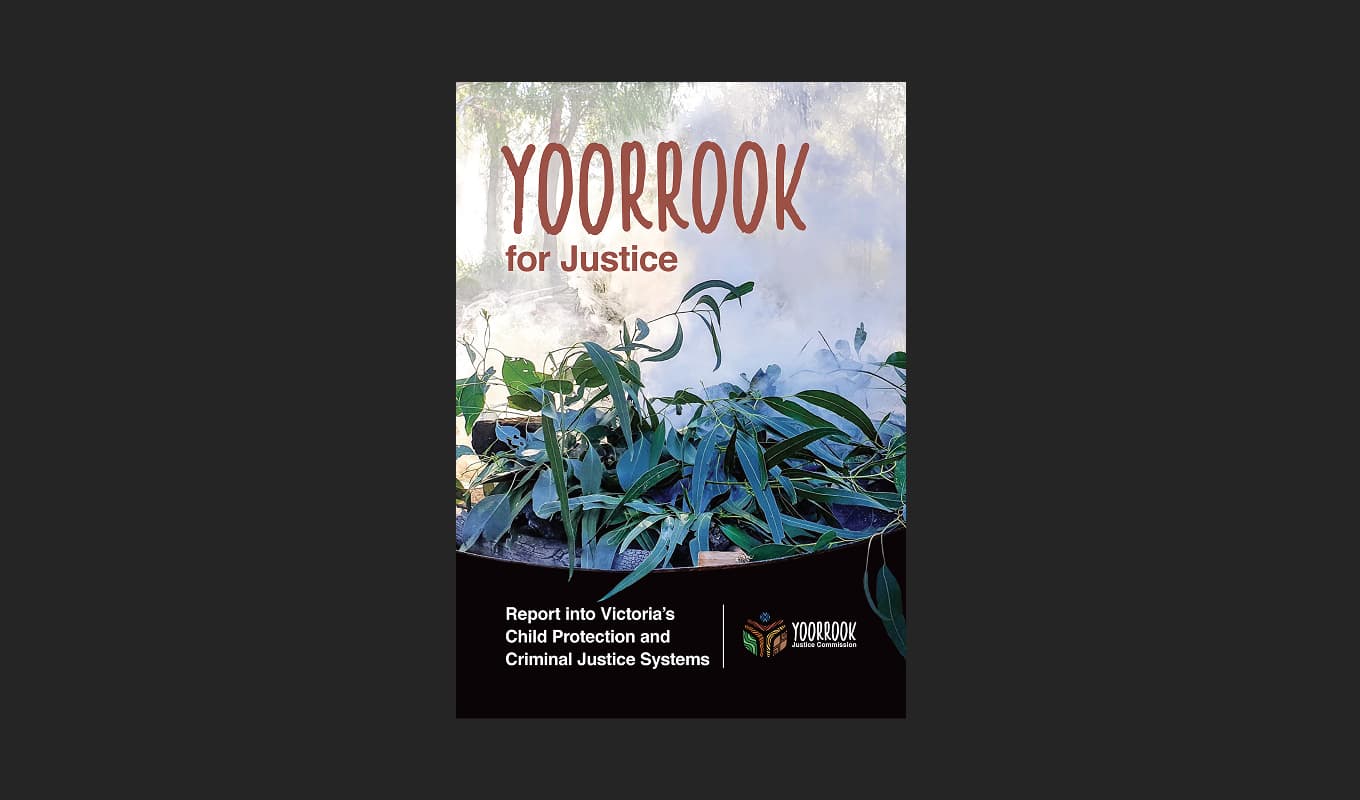Zachary Smith
Zach Smith is a proud Gunai man from East Gippsland. In this video submission he discusses land, education and healthcare.
Submission Transcription
That we’re not a monolith. And that basically means that we’re all different cultures, we all speak different languages, we all have different belief systems. But at the centre of that is still land and it’s still care for land and it’s still community. But yeah, our experiences are all very different. Our views are very different. But it still comes back to land and love for country and love for people.
Well, yeah, it’s a matter of not only, you know, our children, but our children’s children and their children’s children’s children. And I think one of the things that mob do really well is think seven generations ahead. And that’s where a lot of my own work is kind of placed in that centre of like, understanding that not everything is going to change in my own lifetime and maybe even in my children’s lifetime, but hopefully 100 years from now, we’re all in a very different place, like in regards to like land, sky and water and even like in our spiritual dreaming and healing and stuff like that.
It’s rain. It’s rain. I’m saltwater person and like just water, rain especially, I think something cleansing for the spirit. I think it’s also kind of an experience where, you know, land, sky and water are all connecting, so yeah.
I think the ultimate goal of, like all Indigenous movements is land back. You know, land back in community controlled hands just so that we can, yeah. Like, I think the connection and the distinction between health of Aboriginal people and the health of the land, I think we really mirror each other. When blackfellas aren’t well, the land usually isn’t well. When the land isn’t well, blackfellas usually aren’t well. And it’s 10 that relationship that just isn’t acknowledged or celebrated. So we actually really need to, you know, prioritise those knowledges, especially in the forefront of the climate movement and that type of thing. And where do we as mob find ourselves? What is our responsibility? You know, these are the kind of questions that, you know, we’re currently asking ourselves.
So, I’d love to see, like, a complete transformation in like the education, justice and 25 health spaces. I think especially for young mob, these are the areas that kind of fall flat in delivering the services that our young people are entitled to. As you know, young blackfellas living in Victoria, but also just their rights as Indigenous people in the first place. Yeah.
Truth-teller consent
Contact us about this submission
Contact us if you’d like to discuss this submission.
Similar submissions
Explore submissions from other witnesses that discuss similar topics.
Catholic Archdiocese Of Melbourne
This Submission is provided by the Catholic Archdiocese of Melbourne in response to the request for information provided by the Yoorrook Justice Commi... more
Prof. Mark G. Brett
Prof. Mark G. Brett's paper, "Reinventing Waste Land as a Colonial Legal Fiction," explores the historical development of the concept of waste land fr... more
Barbary Clarke
Barbary Clarke and Jason Clarke, descendants of Alfred Deakin and William John Turner, also known as Big Clarke, discuss aspects of their family's his... more
Anonymous 1497
Anonymous 1497 acknowledges the brutal colonisation of Victoria and its lasting negative impacts. They found their education on First Nations history... more
Reports and Recommendations
Read the official reports and recommendations of the Yoorrook Justice Commission.

Yoorrook for Transformation
Third Interim Report: A five-volume comprehensive reform report presenting evidence and findings on systemic injustices, and specific recommendations for meaningful change to transform the future.

Truth Be Told
An official public record that documents First Peoples experiences since colonisation, preserves crucial testimonies for future generations and creates an enduring resource for education and understanding.

Recommendations for change
Yoorrook Justice Commission’s recommendations for truth-telling, justice, and systemic reform in Victoria.

